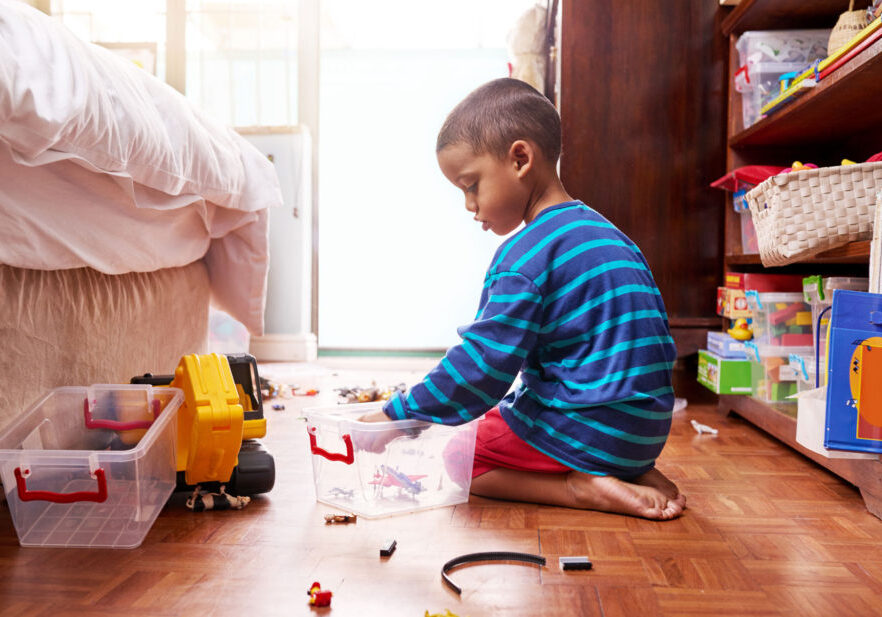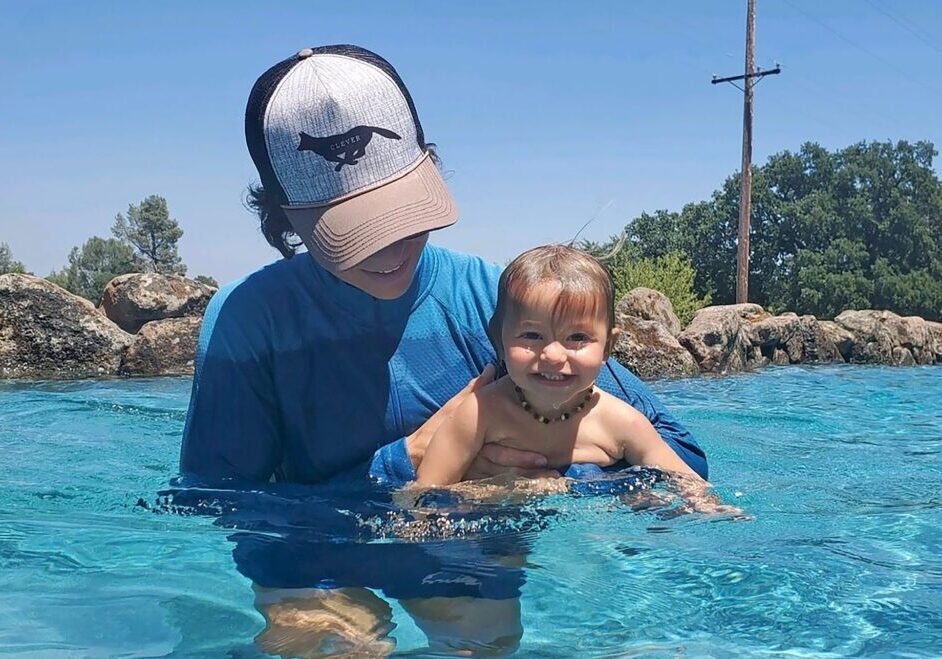Until recently, I was convinced my life would be better if only we had more space. Until we got a bigger house or remodeled, I thought a special organizing system for our burgeoning collection of toys and books would do the trick. I lived in constant fear of a painful Lego-meets-foot disaster. I felt suffocated by the sea of toys covering every surface of our house.
And then I purged.
Our lives changed for the better, overnight. It turned out, we didn’t need more space, more labels, or more baskets. My kids certainly didn’t need more “friendly reminders” to pick up toys. What we actually needed is fewer toys to pick up.
Keep toy purging simple
Before The Great Purge, I had this awesome idea. I would rotate the toys every few months. I put a huge bin of toys on a shelf with extra diapers and good intentions. But organization is not my forte. Our plants are chronically thirsty and my car typically gets an oil change a thousand miles too late. Not surprisingly, I never got around to rotating the toys. I just couldn’t muster the energy to get the bin down, empty it and fill it back up with different toys, all under the watchful eye of my opinionated three-year-old. But collecting the books I was tired of reading and gathering the annoying, battery-operated toys (you know the type) and dropping them in a box to donate instead of the toy basket? That was easy.
Purging unused stuff lightens the load
Once I got the urge to purge, I couldn’t stop. I began to look at everything in my house with a fresh perspective. Instead of asking myself, “Where should I put this?” I asked myself, “Do I really need it?” If the answer was no, into the box it went. Along with the kids’ toys and books, I got rid of clothes I didn’t love but were saving for “just in case,” socks without mates, half a dozen books I’d been meaning to read, a stack of expired coupons and jewelry I’d forgotten I owned. Without the burden of extra stuff in my house, I genuinely felt lighter.
Kids learn charity through the process of purging toys
My three-year-old learned it’s important to share. I learned she’s happy to share if I give her the chance. Initially, I worried about how she would feel about letting go of her things. I thought about restricting my adventures in purging to after bedtime. But her bedroom is where most of her toys are, so that was not an option. I considered lying, but I feel it’s important to be honest with my kids (although I maintain it’s not hurting anyone if they think my chocolate is a spicy adult vitamin). So, I told the truth. I explained to my daughter that she and her baby sister are lucky to have lots of books and toys, but some kids don’t have any, so we need to share. I braced myself for tears and screams. They never came. Instead, my daughter nodded and helped me add toys to the give-away box.
Reducing toys increases space to play, ease of cleanup
With less stuff, there is less mess. Less mess means I am not perpetually an inch away from tripping over a rogue block or a Frozen doll. While being asked to put her toys away used to elicit tears and cries of “It’s just too much!” from my three-year-old, now she generally cleans up with minimal pushback. On the nights when the tidying falls to me, I get it done in under five minutes. Meanwhile, my kids don’t seem to miss any of their old toys. If anything, they have more space to create forts out of blankets and end tables.
Having less means less to put away, less to think about and less chaos. Less time spent dealing with stuff leaves more time for the stuff that matters. I only wish I’d purged sooner.
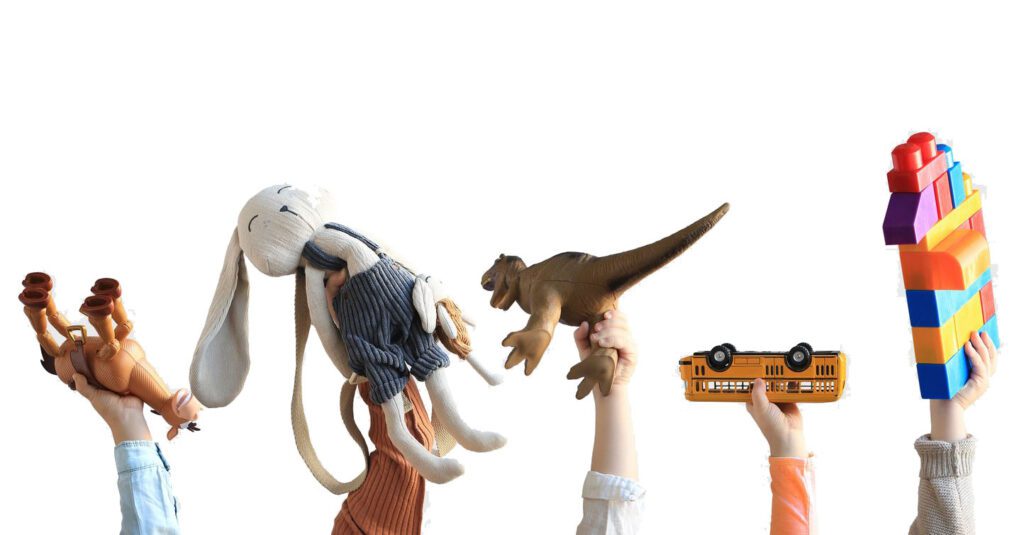
Posted in: Parenting
Comment Policy: All viewpoints are welcome, but comments should remain relevant. Personal attacks, profanity, and aggressive behavior are not allowed. No spam, advertising, or promoting of products/services. Please, only use your real name and limit the amount of links submitted in your comment.
You Might Also Like...

Helping Kids Cope When an Ailing Grandparent Moves In
A growing number of families with young children are caring for an aging relative. Whether it’s temporary care following surgery, or longer-term care due to a debilitating condition, more and more […]
Hook A Bookworm This Summer
Summer vacation is a great time to show your children that reading can be a fun, special treat. Encourage their love of books by offering the following tantalizing activities and […]
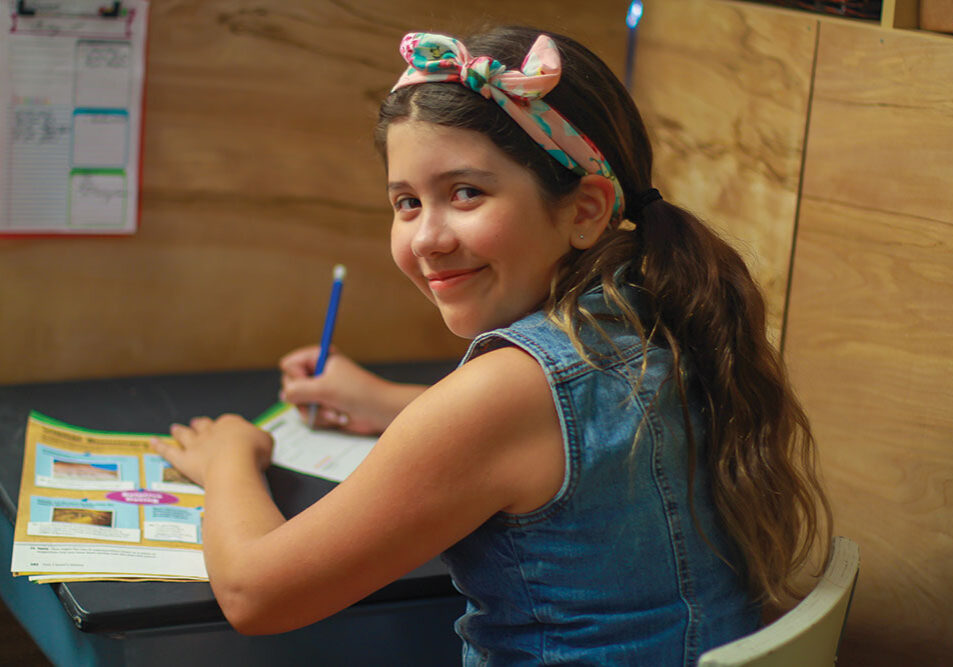
Homeschooling Your Children: The Many Approaches and Benefits
Homeschooling is, in its simplest definition, educating a child outside the boundaries of a formal school. It typically means that parents take responsibility for their child’s education. Many people are […]
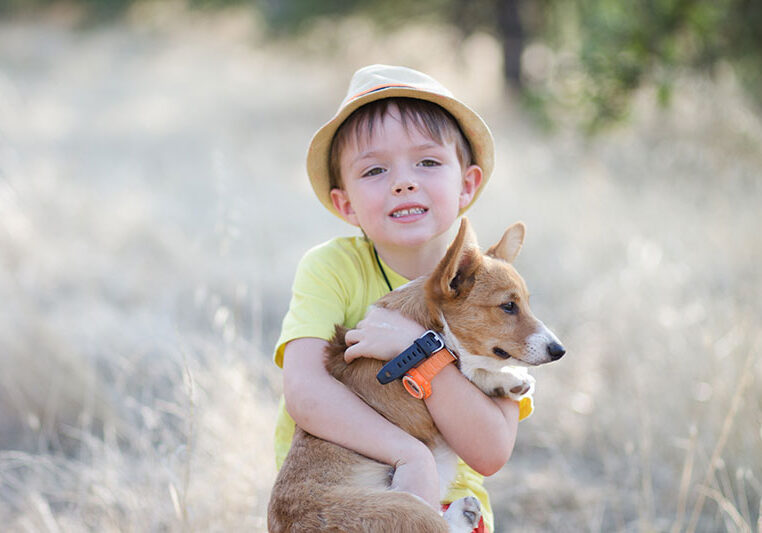
New-Puppy Success – Suggestions for Navigating the First Days
Nothing makes a house feel like a home and bonds a family together better than a scampering young bundle of fur, grrrs and face-licks. But let’s keep things real, folks. […]



